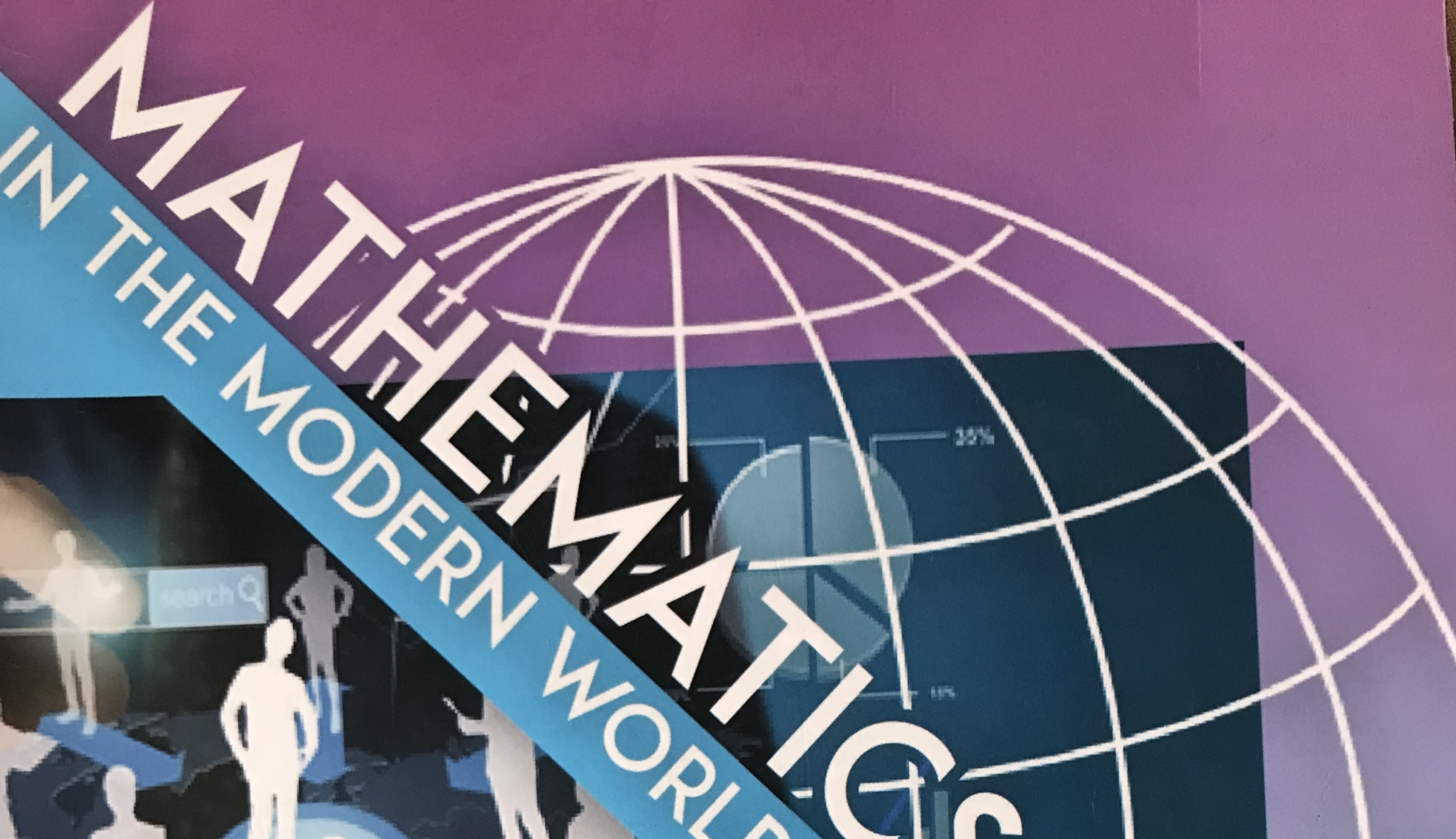
Business Law and Taxation (BSE3A)
The
purpose of this course is to enhance the abilities and understanding of
students in areas connected to business contracts. Additionally, it aims to
improve the learner's comprehension of the regulations required for various
transactions. This course introduces and help the student
comprehend basic knowledge, principles, legal terminologies, rights and
remedies of an aggrieved party and liabilities against a responsible party in a
civil obligation entered into through contract or otherwise. Furthermore, basic
principles on taxation is covered under this course subject.

Entrepreneurial Behavior and Mindset - BSE 1C
This course introduces the fundamentals of entrepreneurship that deals with the role of entrepreneurship in economic development. Topics on Filipino entrepreneurial economy, entrepreneurial motivation, government assistance and programs for entrepreneurs, development and growth theories and applications are included. Relevant topic such as business concepts and models, social responsibility, franchising as well as e-commerce in the Philippine setting shall also be discussed.

HUMAN RESOURCE MANAGEMENT FOR BS ENTREP 2-B
This course examines the role of the human
resource professional as a strategic partner in managing today’s organizations.
Key functions such as recruitment, selection, development, appraisal,
retention, compensation, and labor relations are examined. Implications of
legal and global environments are appraised and current issues such as
diversity training, sexual harassment policies, and rising benefit costs are
analyzed. Best practices of employers of choice are considered.

HUMAN BEHAVIOR IN ORGANIZATION - BSE 2B
The course introduces the students to
the factors affecting the behavior of individuals and groups in organization
focusing on the specific factors that tend to explain behavior of individuals,
groups, and organizations. Various
theories and models of organizational behavior, work group behavior, motivation
in life and work, and human relations among others are discussed and related to
organizational practices and phenomena

TECEN1 Technopreneurship
The course includes the journey into the world of entrepreneurship with
introspection of a business idea into a viable venture. The focus is on
unleashing the entrepreneurial spirit in each individual.

HUMAN RESOURCE MANAGEMENT FOR BS ENTREP 2-A
This
course examines the role of the human resource professional as a strategic
partner in managing today’s organizations. Key functions such as recruitment,
selection, development, appraisal, retention, compensation, and labor relations
are examined. Implications of legal and global environments are appraised and
current issues such as diversity training, sexual harassment policies, and
rising benefit costs are analyzed. Best practices of employers of choice are
considered.

Entrepreneurial Behavior and Mindset - BSE 1B
This course introduces the fundamentals of entrepreneurship that deals with the role of entrepreneurship in economic development. Topics on Filipino entrepreneurial economy, entrepreneurial motivation, government assistance and programs for entrepreneurs, development and growth theories and applications are included. Relevant topic such as business concepts and models, social responsibility, franchising as well as e-commerce in the Philippine setting shall also be discussed.

PROGRAM AND POLICIES TO ENTREPRENEUR DEVELOPMENT
This course will
enable students to understand the various facets of development of an
enterprise. It will provide students with experiential learning opportunities
in order to acquire the relevant knowledge and skills in running and growing a
new business. The course will introduce
the various stages with the focus on the early phases of its life cycle and
factors that contribute to its survival.

INFORMATION TECHNOLOGY
The goal of this course focus on learning MS Office software applications including intermediate word processing, spreadsheets, and presentation graphics using a case study approach where critical thinking and problem solving skills are required. Computer concepts are integrated throughout the course to provide an understanding of the basics of computing, the latest technological advances and how they are used in industry. Ethics and issues encountered in business are discussed to challenge students on societal impact of technology.

FOREIGN LANGUAGE
This course Foreign Language (NIHONGO) aims to teach the student with Japanese Language and Culture by Basic Greetings, Self Introduction, how to read and write Hiragana, Katakana, and Kanji as the handwriting system used by the Japanese, they will learn also how to create sentences, grammar, and conversation it includes also Numbers, time, currency, General counting's in Japanese, by learning all of these they will have the knowledge in writing, speaking and listening like a native Japanese Speaker. Students will have an advantage in their career by studying this course this will served also as their foundation to take the Japanese Language Proficiency Test N5 Level as one of the requirements to Study or Work in Japan.

BSE 1A - SELF TESTING ACTIVITIES
This course covers basic movements skills needed in the performance of stunts and tumbling and other physical exercises based on scientific principles for the improvement and maintenance of high-level physical fitness.
Production and Operations Management (TQM)_2022-2023
This course deals
with the Total Management of the firm, its nature, essentials, standards of
excellence, Deming’s 14 points for management, principles of customer-supplier relationship, quality teamwork and leadership, strategic management,
and total quality implementation, building commitment, and measuring efforts,
TQM and Filipino Values, attitudes and behavior, and the role of Filipino
Values in quality control.

INTERNATIONAL BUSINESS AND TRADE - BSE 3A
This course provides an overview of the environment, concepts, and basic differences involved in international business. Topics include forms of foreign involvement, international trade theory, governmental influences on trade and strategies, international organizations, multinational corporations, personnel management, and international marketing. Upon completion, students should be able to describe the foundation of international business.



